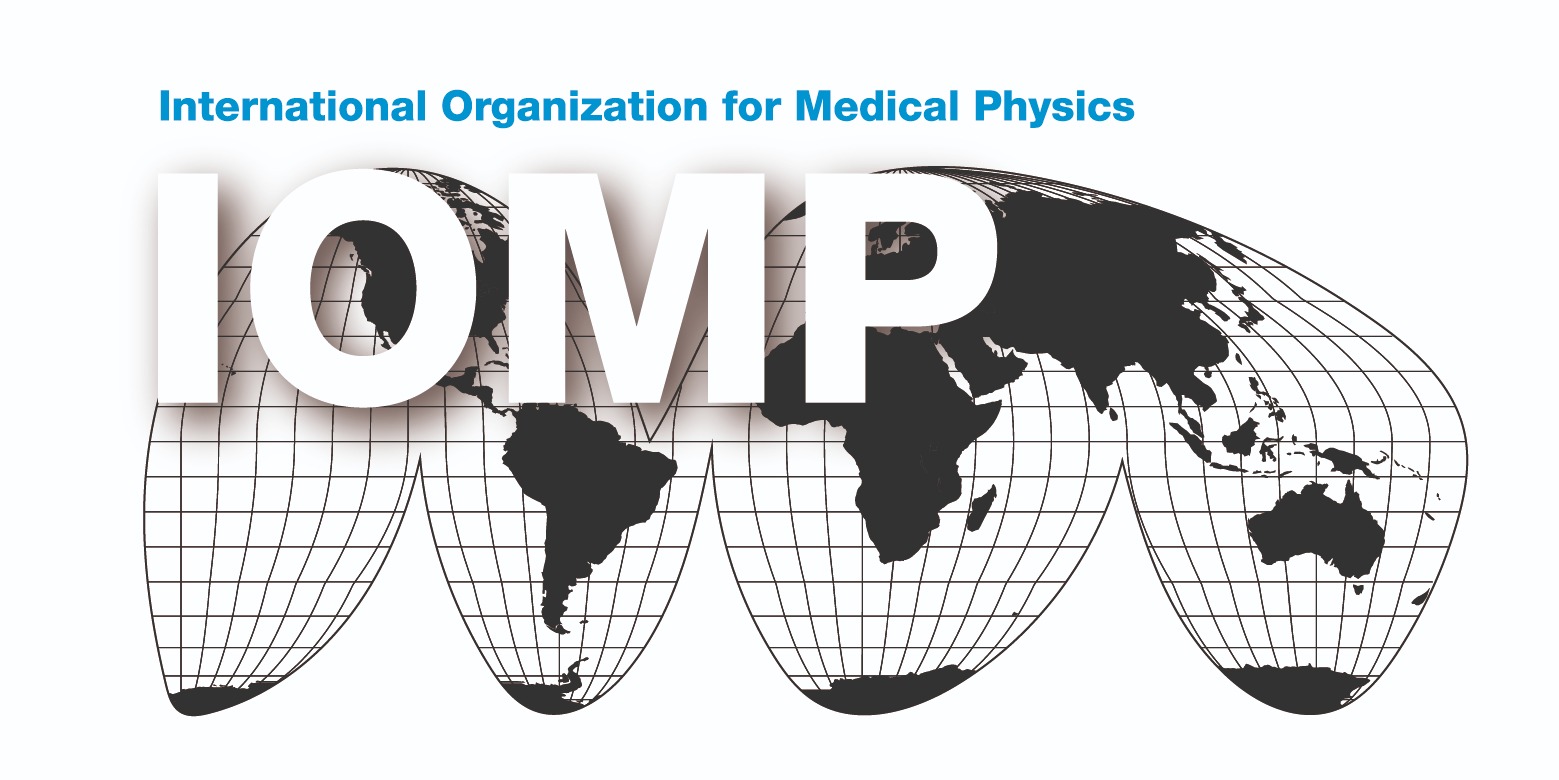
When: 5-8 October 2024 (preceding AOCMP/SEACOMP2024)
Where: National Cancer Institute, Putrajaya, Malaysia
Aimed at: Medical Physicists from LMI countries
Objectives: Understanding of IMRT, including planning, delivery, associated technologies, professional and quality assurance considerations
Registration: USD100

Programme: Download the IOMP School on IMRT Programme
Submit your EOI: https://forms.gle/eELdwU29hC8Z12KKA
Course Objectives
The main objective of the course is around specific treatment planning IMRT techniques as well as patient specific quality assurance (QA) for common cancers in the region, specifically: prostate, breast, head and neck, brain and lung.
- Introduction to IMRT
-
- Understand the basic principles of IMRT from physics and radiobiology point of view (including QA, multileaf collimators and treatment planning algorithms, organs at risk)
- Understand the principles of patient immobilization and imaging for IMRT.
- Understand and perform practical tasks of IMRT patient plan QA on a linear accelerator.
- Apply digital imaging concepts to treatment verification, including image matching.
- Introduction to Cancer and Cancer-Specific IMRT:
-
- Review the epidemiology, pathology, and main treatment approaches for prostate, breast, head and neck, brain and lung cancers.
- Perform tasks related to radiation therapy IMRT planning, for prostate, breast, head and neck, brain and lung cancers.
- Develop treatment plans optimizing tumour control while minimizing toxicity.
-
- Discuss dose and fractionation principles and apply radiobiology knowledge to treatment planning.
- Implement quality assurance protocols for dose calculation and verification using 2D/3D phantoms and a linear accelerator.
- Documentation and Technical Skills:
-
- Learn proper treatment chart documentation and QA documentation and reporting.
- Identify equipment used in radiation therapy planning and delivery and QA.
- Advanced Treatment Techniques:
-
- Understand the principles of volumetric arc therapy (VMAT) and stereotactic ablative body therapy (SABR) – Introductory level.
- Relate the principles of emerging technologies in radiation therapy, including new advancements in treatment methods.
- Radiation Safety, Ethics and Professional Practice:
-
- Act ethically, professionally, and in a safe manner adhering to relevant codes of conduct, radiation safety guidelines, and legislation.
- Apply principles of radiation safety in the therapy department.
- Understand management processes related to legalities, information management, incident reporting, and quality assurance programs.
- Clinical Skills Development:
-
- Operate effectively as a responsible practitioner, performing IMRT procedures, including treatment planning and patient specific and linear accelerator QA.
- Demonstrate beginning-level IMRT treatment planning skills and knowledge.
By the end of the course, participants will have developed a comprehensive understanding of intensity modulated radiotherapy, including its planning, delivery, and associated technologies, along with the ethical, professional, and quality assurance considerations essential for effective clinical practice.

